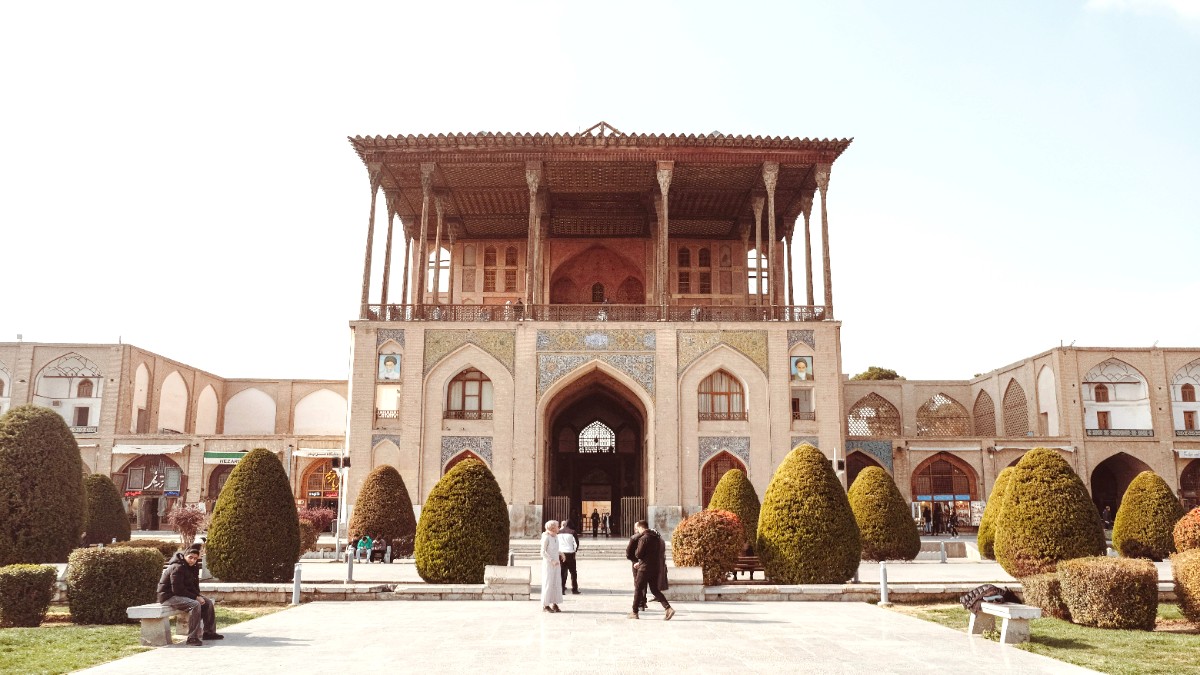
Central Iran, Iran
Nearby natural areas, like the Nazhvan Forest Park and the surrounding deserts, hold environmental protection.
Minimize your waste. Carry a reusable water bottle and refill it. Avoid single-use plastics where possible. Dispose of your trash responsibly in designated bins.
Iran faces severe water shortages, and the Zayandeh Rood river is frequently dry. Be mindful of your water usage. Take shorter showers and report any leaks.
Cultural sensitivity presents respectful interactions with locals.
Significant efforts preserve historical sites in Esfahan, many UNESCO World Heritage sites. Support these efforts by respecting rules at sites and not littering.
Adhere strictly to the local dress code (see Section 3.1). This demonstrates respect for local customs and avoids unintended offense.
Beyond asking permission, avoid taking photos that might misrepresent local life or exploit individuals. Think about the stories your photos tell.
Dress very modestly. Women must wear a chador (a full-body cloak), usually provided for free, when entering many mosques and shrines.
Engage in conversations with locals. Iranians are famously hospitable and often eager to share their culture.
This direct interaction brings a richer, more respectful travel experience.
Iranians famously hospitable. They often share their culture. Direct interaction makes travel experiences richer.
Support the local economy. Your visit can benefit the community.
Support initiatives directly benefiting local communities. This can include staying in locally-owned guesthouses, participating in tours organized by local guides, or visiting small villages that welcome tourists.
Opt for genuine handmade crafts directly from artisans in the Grand Bazaar or their workshops.
Direct financial contribution to local businesses benefits the community.
Eat at local restaurants and cafes rather than international chains.
Use local taxis or ride-sharing apps (Snapp/Tapsi).
Buy goods from local shops and vendors.
Be aware of situations possibly involving exploitation. Do not engage in activities that could harm local culture or individuals.
For charitable contributions, find legitimate local charities or non-governmental organizations. Your hotel or local guide may offer suggestions for verified organizations.
Your choices contribute to sustainable travel practices.
Consider outdoor gear that aligns with ethical production and durability.
Minimize your waste generation during travel to lessen your environmental footprint.
Choose tour operators with a focus on responsible tourism and local benefits.
Support organizations dedicated to environmental conservation and protection of natural habitats.
Companies committed to eco-friendly practices and ethical tourism. Your purchases matter.
Your consumer choices a direct positive message on local communities and the environment.
Consider supporting global conservation efforts. Organizations like The Rainforest Site support critical ecosystems worldwide.